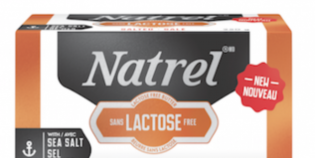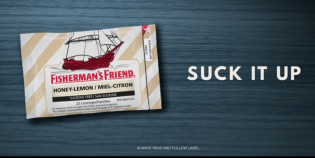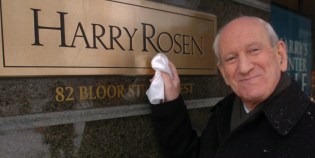As retailers spotlight their “must-have” products for the holiday season, there’s a generation that’s looking for something more than the tangible wrap-and-give-gift. Brands need to know that millennial customers are increasingly placing experiences, rather than things, at the top of their shopping lists.
There’s a shift in how consumers are spending their income and millennials are certainly leading the way.
Why the shift? Owning products isn’t hard anymore. Thanks to the internet, apps and websites, we can find anything we want at the touch of a finger. Technology makes it very easy for us all to own “stuff.” As a result, the novelty of receiving or giving something new is wearing off. Millennials, now the biggest generation in the Canadian workforce and highly influential spenders, no longer want to purchase products that don’t offer them something they can tell others about or that helps define who they are.
In fact, according to a study conducted by PWC, 52% of consumers 18 to 34 are spending on experience-related purchases such as travel and entertainment, versus 39% among older shoppers. Another study conducted by Harris concludes consumers born between 1980 and 1996 are fueling the experience economy with their preference to spend time and money on concerts, social experiences, athletic pursuits, festivals, and events of all kinds rather than material possessions. Harris found 72% of millennials plan to increase their spending on purchases that can provide them and their friends with a lasting impression and an opportunity to connect.
Millennials need to feel connected
Perhaps it comes from watching their parents overspend on material goods and become handcuffed to credit card debt and mortgages that Generation Y is turning to experiences over “stuff.” The rising cost of housing and shouldering long-term student loans may also be curbing their appetite for spending on “big things.” But, it could also be a need to feel like they are a part of something – a desire to connect, coupled with a fear of missing out (aka FOMO).
It’s not news that millennials use social media to display their day-to-day lives and connect with friends online. When it comes to gifts, giving or receiving an experience over a product offers consumers the ability to create memories while engaging with their peers.
We’re labeling this new direction of spending the experience economy. As this group of consumers continues to grow, brands need to leverage the opportunity to incorporate the demand into their offerings.
How can brands turn their products into experiences?
We might commonly think of vacations, day trips, or outings when we think of experiential gifts. But, it doesn’t have to be that. Brands need to think of ways to turn their products into experiences to appeal to this market. How brands communicate and engage with the millennial shopper will affect holiday sales.
Brands successfully bridging experience with merchandise and capitalizing on FOMO include HP with its Star Wars special edition notebook and #AwakenYourForce social media campaign. Another is Adidas, which has teamed with entertainer Kanye West for the new Yeezy Boost 350 shoe design, encouraging purchasers to show off their new shoes using the #YeezBoost hashtag.
Purchasing your favourite artist’s album offers more than the opportunity to support and listen to your favourite song thanks to technology. For example, Rihanna, Paul McCartney, and Avicii are just some of the musicians incorporating immersive technology into their marketing to create a unique experience for consumers. Fans can go to their mobile devices and view 360-degree rooms, venues and spaces – feeling like they’re right there with them in the moment.
Here’s a few other suggestions to enhance product offerings with experiential marketing:
Hosting exclusive events: Host events that make consumers look good in front of their friends. VIP customer-only parties, exclusive sneak peaks and secret sales are just a few ways to appeal to the millennial shopper looking for adventure (and status).
Offering custom shopping: Subscription retailers like JustFab are popular because they offer personalized shopping experiences based on the customer’s preferences.
Taking shoppers on a journey: Athletic brand Lululemon’s #FuelHappiness campaign encourages fans to practice building on their positive mindsets. It extends the use of its website and social media channels (through hashtag #FuelHappiness) for a variety of mood-boosting tips, exercises and inspiration.
When it comes to holiday gifts, millennials are looking to give experiences and products that enhance connections and their image. If brands are prepared to keep up with the demand, they have the opportunity to build top and bottom line, and loyalty and reputation among a coveted demographic.
Nick Cowling is president of Citizen Relations Canada.









